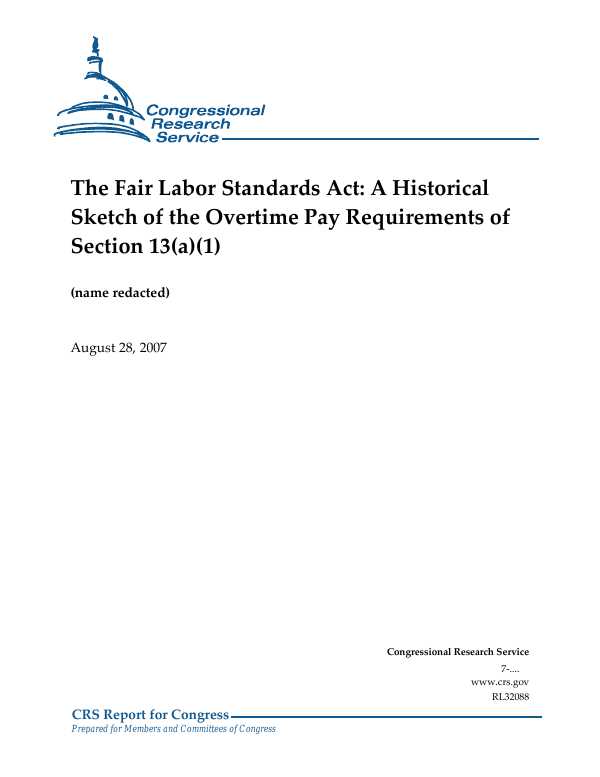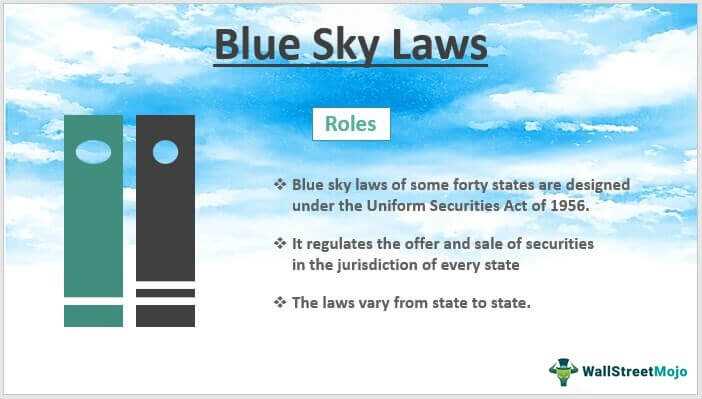Tort Law: The Basics And Real-Life Examples
What is Tort Law? Tort law is a branch of civil law that deals with legal disputes arising from wrongful acts or omissions that cause harm to another person or their property. It provides a way for individuals to seek compensation for the injuries or damages they have suffered due … …














